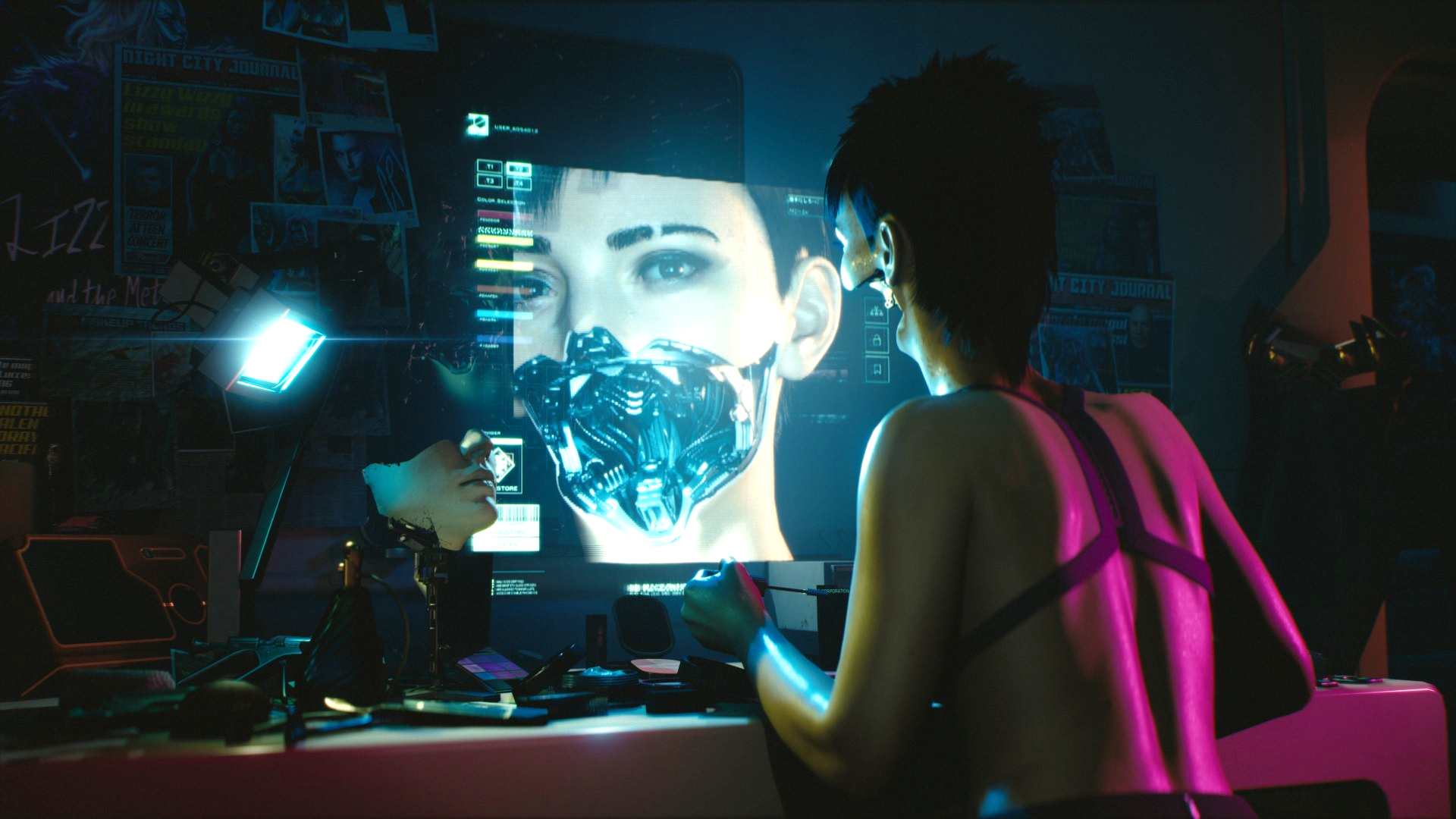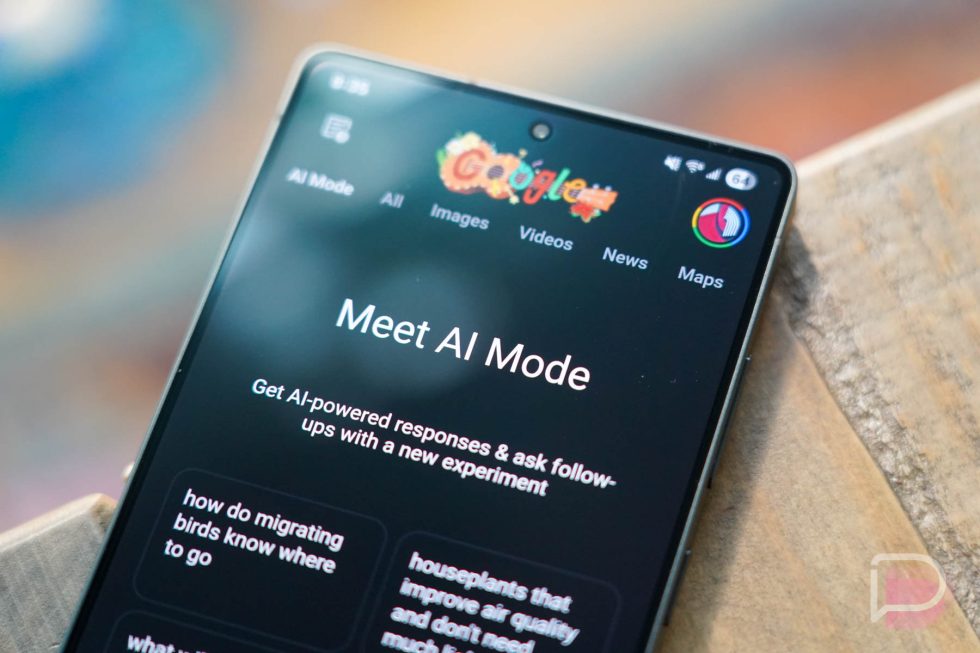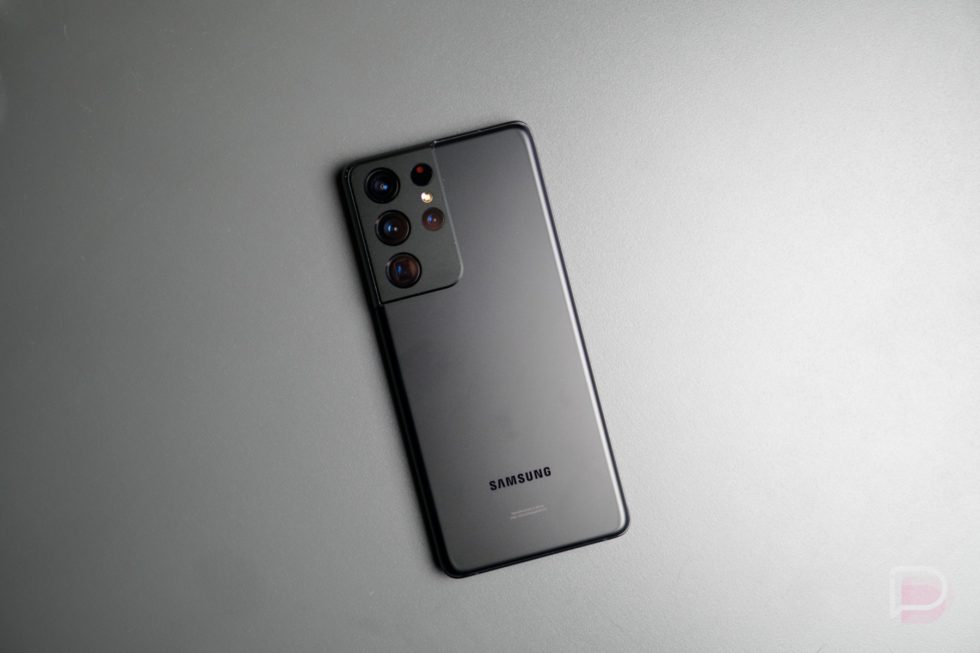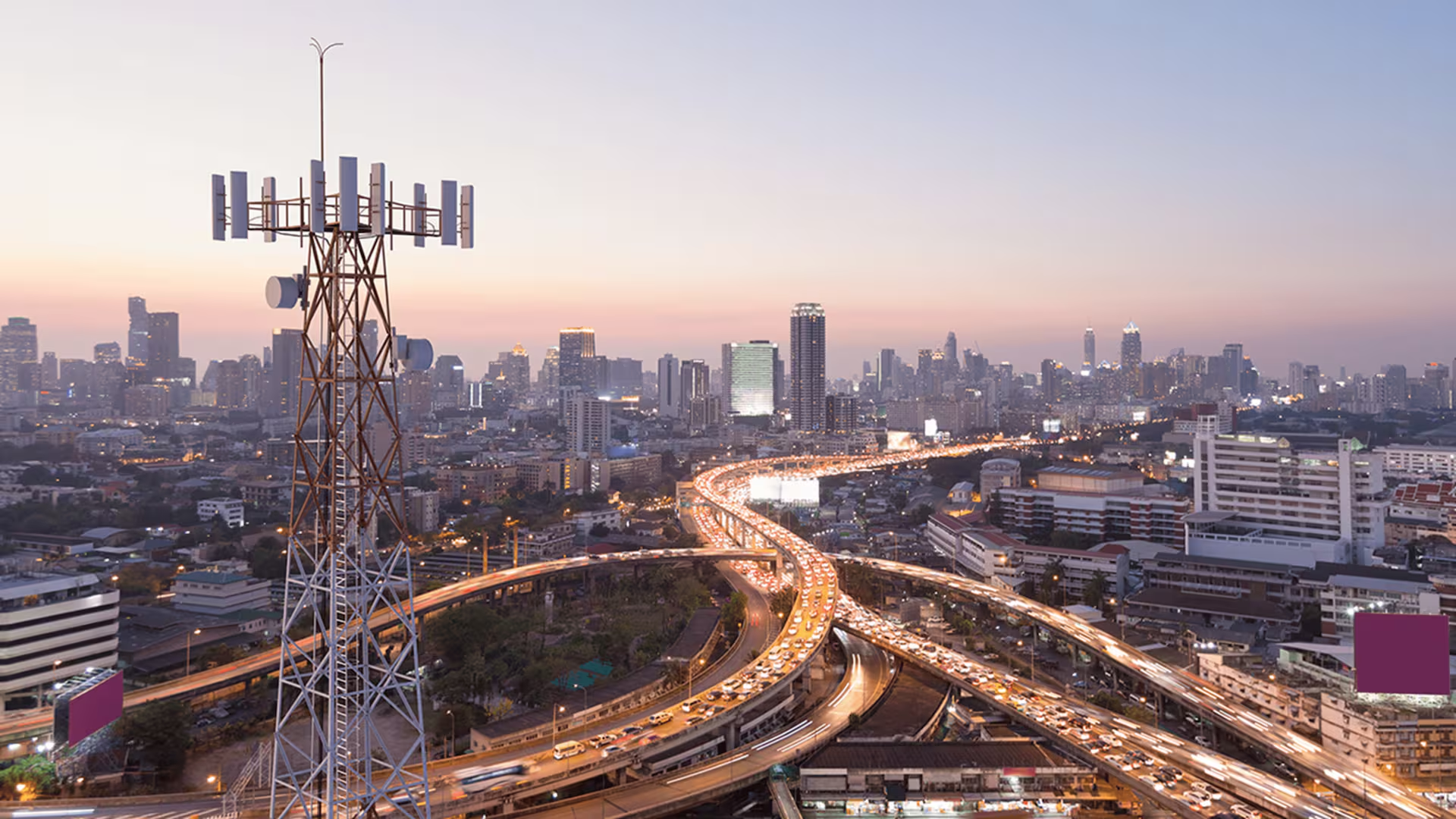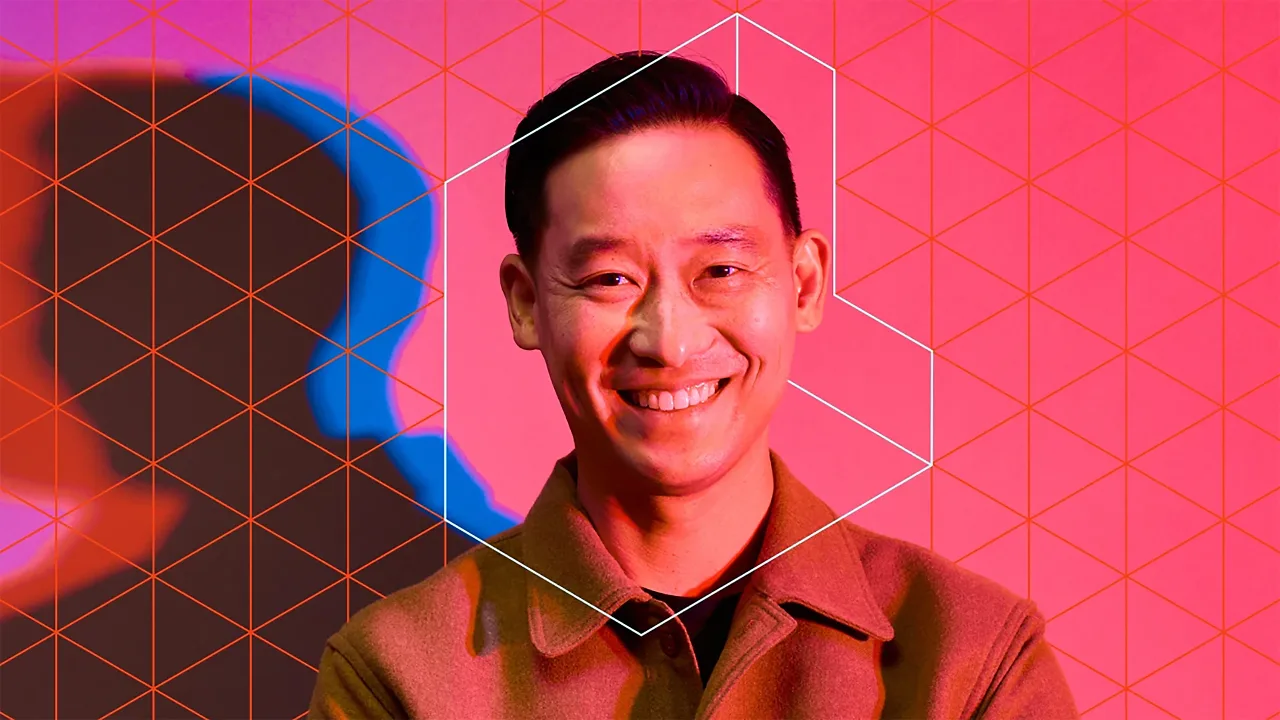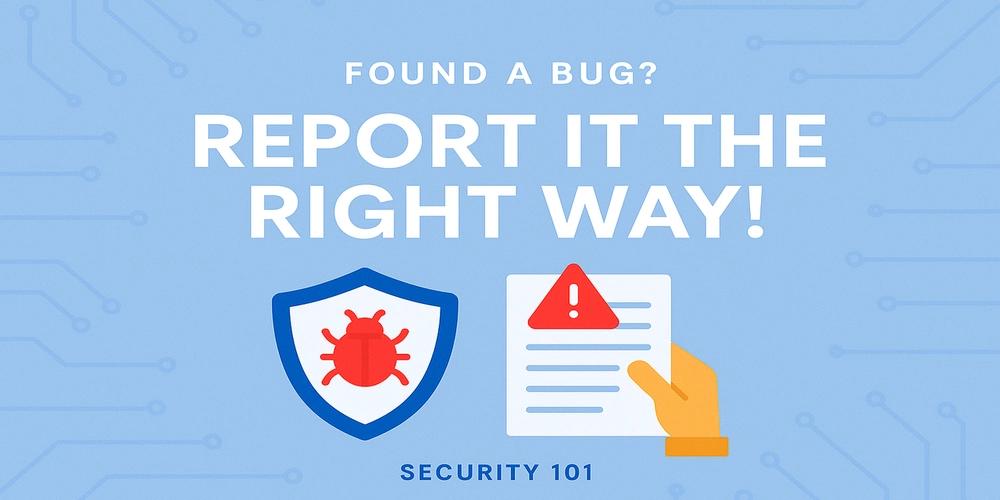Will AI Replace Cybersecurity? The Truth About the Future of Cyber Defense
With rapid advancement in cyber technology, cybersecurity is more vital than ever. We learn of fresh breaches in data, hacking, and internet scams every day. While the threats increase in sophistication, the tools by which we combat them also increase in sophistication. Among the most powerful tools we have today is Artificial Intelligence (AI). And with AI growing smarter and more effective, the question on everyone's mind is: Will AI replace cybersecurity? Let's go deep into this question and see what AI has in store for the future of cybersecurity. TL;DR (Too Long; Didn't Read) AI is a very strong agent in cybersecurity today. It assists with velocity, scale, and automation. But no context, judgment, or creativity. Still, human specialists are needed. The way forward is to collaborate — not replace. Prefer watching instead of reading? Here’s a quick video guide What Is AI in Cybersecurity? Artificial Intelligence is machines and software that can imitate human intelligence things like learning, reasoning, and making decisions. In cybersecurity, AI is applied to: Detect unusual behavior (which may be a cyberattack) Quickly analyze large amounts of data Automate threat responses Predict attacks in the future based on past information Examples of such tools are spam blockers, intrusion detection systems, malware scanners, and automated response systems. So AI is a very useful helper in the field of cybersecurity. Is that enough to say that it can completely replace human cybersecurity professionals, however? The Strengths of AI in Cybersecurity AI has a lot to offer. Here's what it excels at: Speed and Scale: Humans take time to scan logs or data, whereas AI can do this in milliseconds. It is able to search through millions of logs, files, or network packets within an instant to locate attack patterns. 24/7 Monitoring: AI doesn't require rest. AI can keep an eye on systems and networks 24/7, which is very important because hackers don't have a 9-to-5 work schedule. Pattern Recognition: AI can identify subtle patterns that humans may overlook. For instance, it can identify a new type of ransomware by noticing similarities to past threats. Automated Response: If a threat is detected, AI can automatically kill it or quarantine infected systems — without waiting for a human reaction. The Limitations of AI in Cybersecurity Despite being powerful, AI is not flawless. It has some very serious limitations: False Positives and Negatives: AI systems may occasionally confuse benign behavior for danger (false positive) or miss a genuine threat (false negative). This can be hazardous or frustrating. Contextual Insensitivity: AI doesn't really get human behavior or business context. It operates on data and patterns. It may alert to something as being risky simply because it's out of the ordinary — even if it's perfectly safe. Learning Bias: AI is only as good as what it learns from. If it's learned from bad or biased information, it can make incorrect choices. For instance, if an AI program has not encountered a new phishing email, it may not know to identify it. Susceptible to Deception: Ironically enough, AI systems themselves can be hacked or tricked. Hackers can initiate "adversarial attacks" — specialized tricks intended to deceive AI systems. Human Expertise: Still Indispensable AI can assist with cybersecurity, but it cannot substitute the human factor. Here's why human experts remain indispensable: Understanding Intent: Humans are able to comprehend the "why" of behavior. If a person is downloading lots of files, AI may alert it as suspicious. But a human can determine whether it's a malicious insider or merely an employee working overtime. Critical Thinking: AI decides based on information. Humans, however, apply logic, ethics, and judgment. For example, during a security incident, a human can determine how to manage PR, legal, and business risks — something that AI cannot. Ethical Decisions: Cybersecurity is frequently an ethical decision. Does a firm warn users about a small incident? Does an agency hack back against cybercrime perpetrators? These are not technical judgments — they take human values and judgment. Strategy and Creativity: Hackers are innovative. They continue coming up with new stunts. Humans are necessary to think outside the box, modify strategies, and outwit attackers in manners that AI isn't yet able to. AI and Cybersecurity: A Partnership, Not a Replacement Instead of inquiring "Will AI replace cybersecurity?", the question should be: How can AI and cybersecurity experts collaborate? Here's how this collaboration happens in the real world: AI as the First Line of Defense: AI technologies can identify, sift, and prioritize alerts. This enables human analysts to only deal with the most critical threats. AI Saves Time: AI eliminates tedious, repetit

With rapid advancement in cyber technology, cybersecurity is more vital than ever. We learn of fresh breaches in data, hacking, and internet scams every day. While the threats increase in sophistication, the tools by which we combat them also increase in sophistication. Among the most powerful tools we have today is Artificial Intelligence (AI). And with AI growing smarter and more effective, the question on everyone's mind is: Will AI replace cybersecurity?
Let's go deep into this question and see what AI has in store for the future of cybersecurity.
TL;DR (Too Long; Didn't Read)
- AI is a very strong agent in cybersecurity today.
- It assists with velocity, scale, and automation.
- But no context, judgment, or creativity.
- Still, human specialists are needed.
- The way forward is to collaborate — not replace.
Prefer watching instead of reading? Here’s a quick video guide
What Is AI in Cybersecurity?
Artificial Intelligence is machines and software that can imitate human intelligence things like learning, reasoning, and making decisions.
In cybersecurity, AI is applied to:
- Detect unusual behavior (which may be a cyberattack)
- Quickly analyze large amounts of data
- Automate threat responses
- Predict attacks in the future based on past information
Examples of such tools are spam blockers, intrusion detection systems, malware scanners, and automated response systems.
So AI is a very useful helper in the field of cybersecurity. Is that enough to say that it can completely replace human cybersecurity professionals, however?
The Strengths of AI in Cybersecurity
AI has a lot to offer. Here's what it excels at:
- Speed and Scale: Humans take time to scan logs or data, whereas AI can do this in milliseconds. It is able to search through millions of logs, files, or network packets within an instant to locate attack patterns.
- 24/7 Monitoring: AI doesn't require rest. AI can keep an eye on systems and networks 24/7, which is very important because hackers don't have a 9-to-5 work schedule.
- Pattern Recognition: AI can identify subtle patterns that humans may overlook. For instance, it can identify a new type of ransomware by noticing similarities to past threats.
- Automated Response: If a threat is detected, AI can automatically kill it or quarantine infected systems — without waiting for a human reaction.
The Limitations of AI in Cybersecurity
Despite being powerful, AI is not flawless. It has some very serious limitations:
- False Positives and Negatives: AI systems may occasionally confuse benign behavior for danger (false positive) or miss a genuine threat (false negative). This can be hazardous or frustrating.
- Contextual Insensitivity: AI doesn't really get human behavior or business context. It operates on data and patterns. It may alert to something as being risky simply because it's out of the ordinary — even if it's perfectly safe.
- Learning Bias: AI is only as good as what it learns from. If it's learned from bad or biased information, it can make incorrect choices. For instance, if an AI program has not encountered a new phishing email, it may not know to identify it.
- Susceptible to Deception: Ironically enough, AI systems themselves can be hacked or tricked. Hackers can initiate "adversarial attacks" — specialized tricks intended to deceive AI systems.
Human Expertise: Still Indispensable
AI can assist with cybersecurity, but it cannot substitute the human factor. Here's why human experts remain indispensable:
- Understanding Intent: Humans are able to comprehend the "why" of behavior. If a person is downloading lots of files, AI may alert it as suspicious. But a human can determine whether it's a malicious insider or merely an employee working overtime.
- Critical Thinking: AI decides based on information. Humans, however, apply logic, ethics, and judgment. For example, during a security incident, a human can determine how to manage PR, legal, and business risks — something that AI cannot.
- Ethical Decisions: Cybersecurity is frequently an ethical decision. Does a firm warn users about a small incident? Does an agency hack back against cybercrime perpetrators? These are not technical judgments — they take human values and judgment.
- Strategy and Creativity: Hackers are innovative. They continue coming up with new stunts. Humans are necessary to think outside the box, modify strategies, and outwit attackers in manners that AI isn't yet able to.
AI and Cybersecurity: A Partnership, Not a Replacement
Instead of inquiring "Will AI replace cybersecurity?", the question should be: How can AI and cybersecurity experts collaborate?
Here's how this collaboration happens in the real world:
- AI as the First Line of Defense: AI technologies can identify, sift, and prioritize alerts. This enables human analysts to only deal with the most critical threats.
- AI Saves Time: AI eliminates tedious, repetitive work such as log inspection or malware detection. Cybersecurity professionals can use that time to conduct more intense investigations, learn, and prepare.
- AI Aids Threat Intelligence: AI has the ability to scan thousands of websites, emails, or news outlets to learn the latest intelligence on new threats. Security staff can then employ that information to remain one step ahead of bad actors.
- Human Train AI: Security analysts provide AI with information, policies, and inputs — aiding in its improvement over time. Artificial intelligence, sans human contribution, would not nearly be as valuable.
The Future: Cybersecurity Aiding Humans
Going forward, the future of cybersecurity will look increasingly like that of "augmented intelligence" — not supplementing humans out, but super augmenting them.
That includes:
- AI turning into a copilot rather than an autopilot.
- Cybersecurity analysts deploying AI-based resources to leverage their capabilities.
- Human-AI combinations will be stronger than either working separately.
As a pilot employs autopilot for long-distance flights but remains in control during takeoff, landing, or emergency situations — cybersecurity professionals will use AI as support, but remain in control of key decisions.
Final Thoughts
Will cybersecurity then be replaced by AI? The answer is - No. But it will be revolutionized by AI.
AI will make a lot of cybersecurity tasks faster and more efficient by automating them. But it can't replicate the human mind — particularly not when it comes to context, ethics, creativity, and strategic thinking.
The future of cybersecurity isn't man versus machine — it's man plus machine. AI and human experts together can create a safer, smarter digital world.

















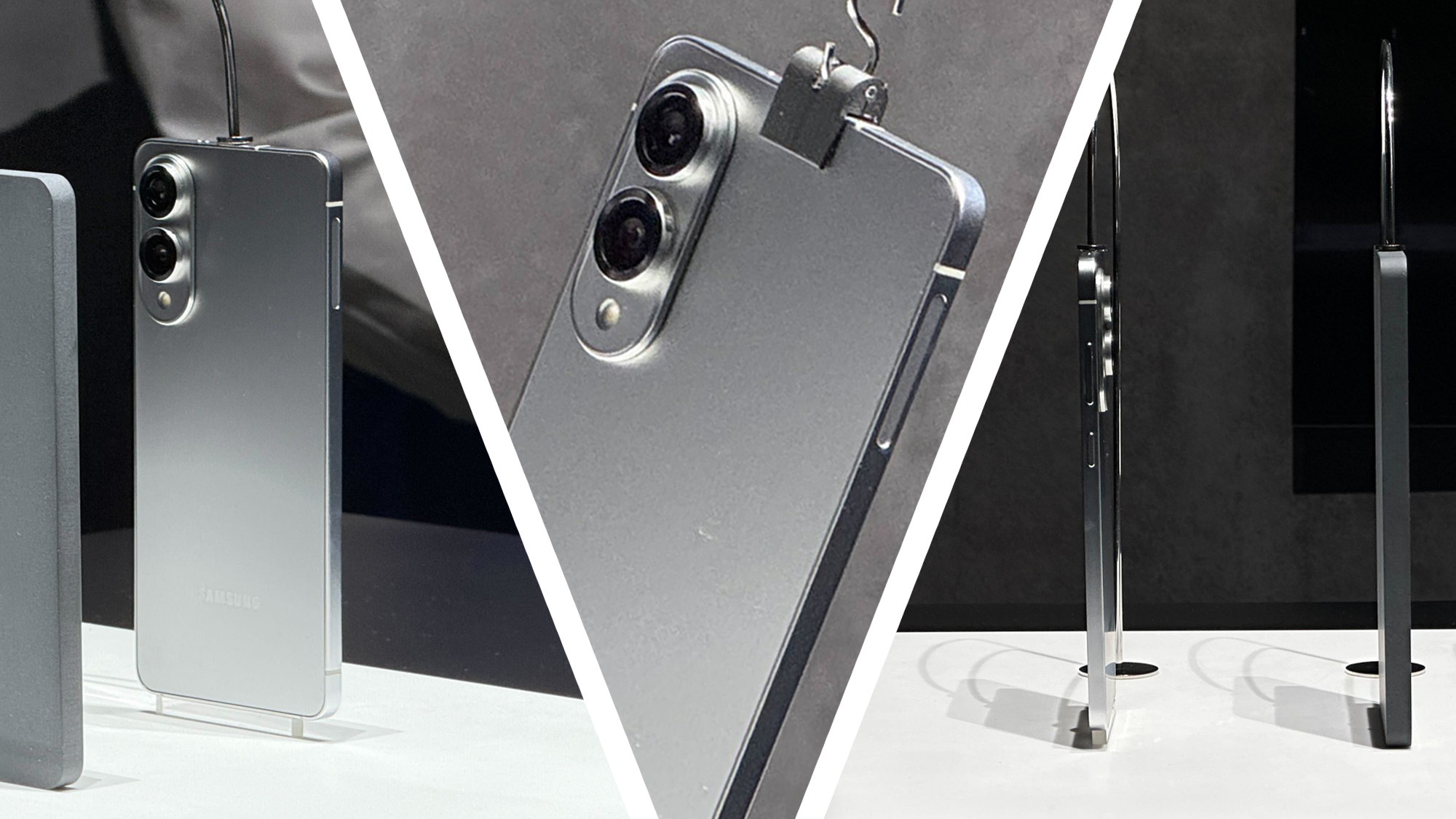


















































































































































![[The AI Show Episode 145]: OpenAI Releases o3 and o4-mini, AI Is Causing “Quiet Layoffs,” Executive Order on Youth AI Education & GPT-4o’s Controversial Update](https://www.marketingaiinstitute.com/hubfs/ep%20145%20cover.png)





























































































































![[DEALS] Mail Backup X Individual Edition: Lifetime Subscription (72% off) & Other Deals Up To 98% Off – Offers End Soon!](https://www.javacodegeeks.com/wp-content/uploads/2012/12/jcg-logo.jpg)





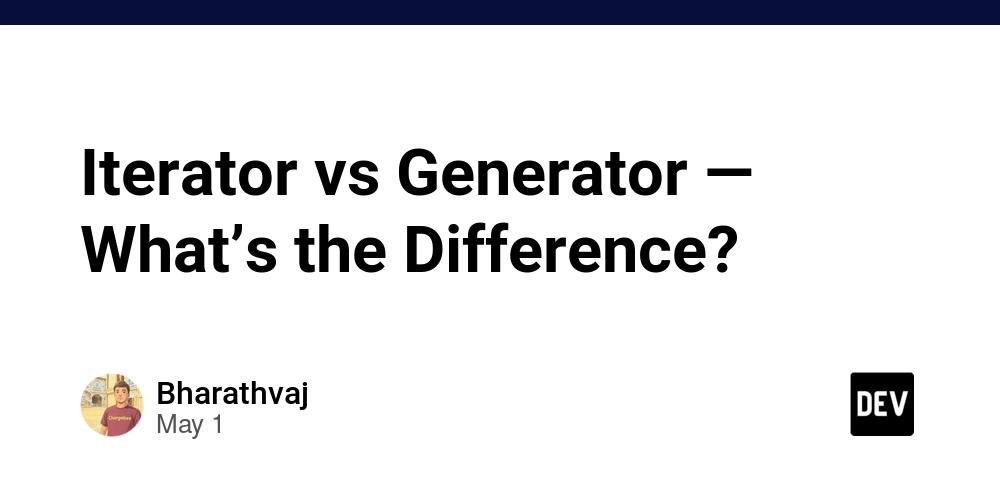










































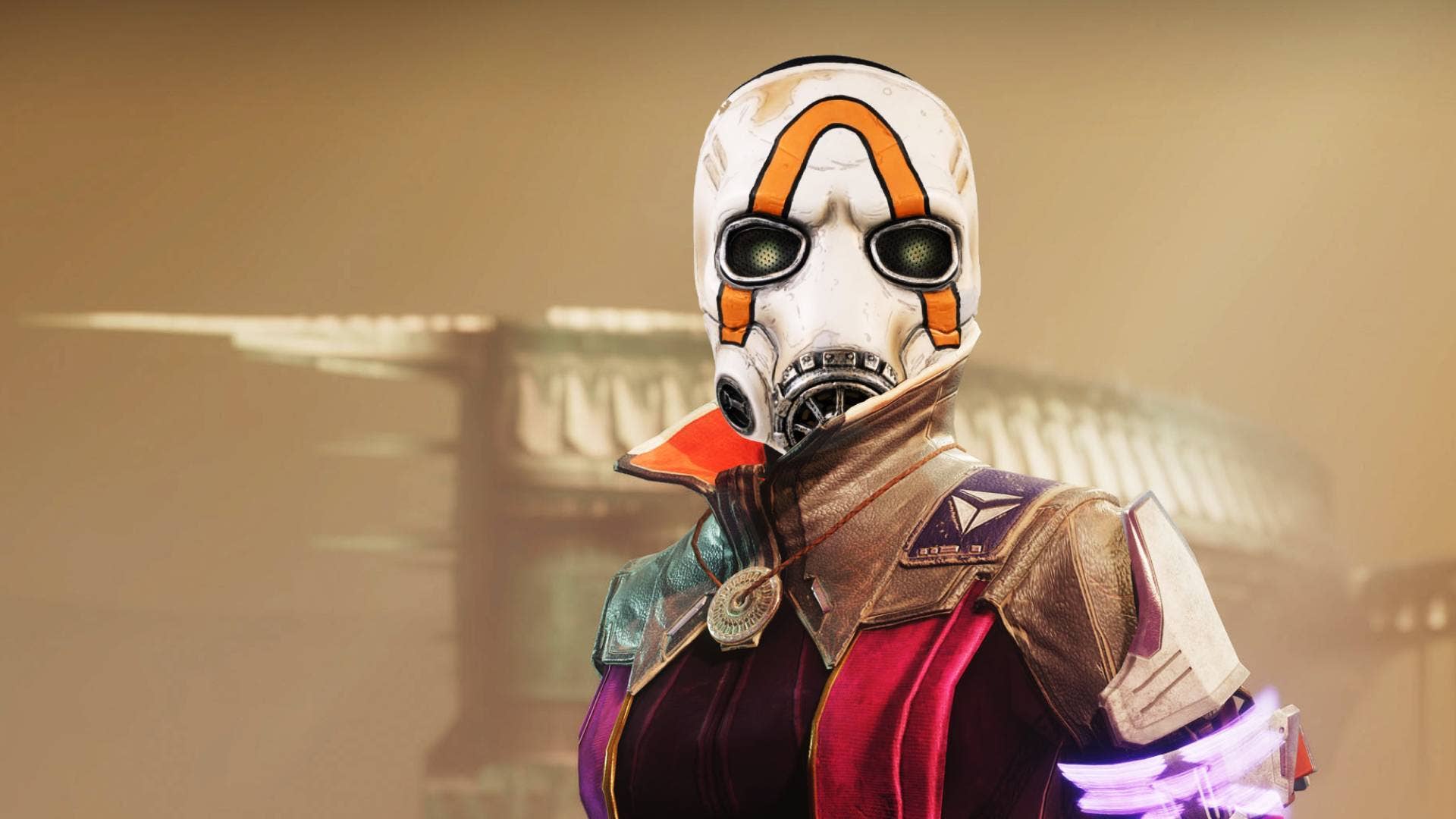



















































































_Andreas_Prott_Alamy.jpg?width=1280&auto=webp&quality=80&disable=upscale#)



































































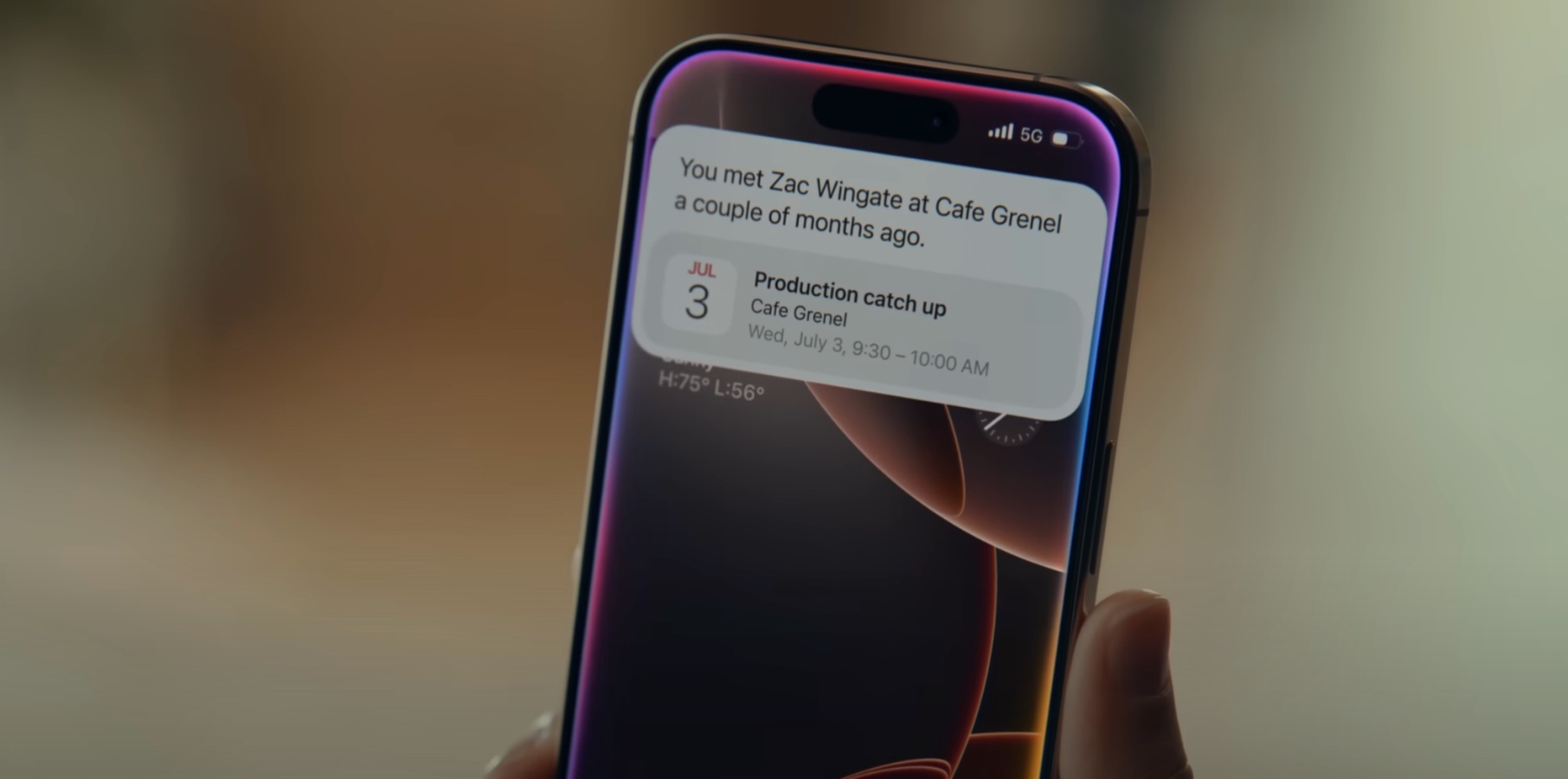


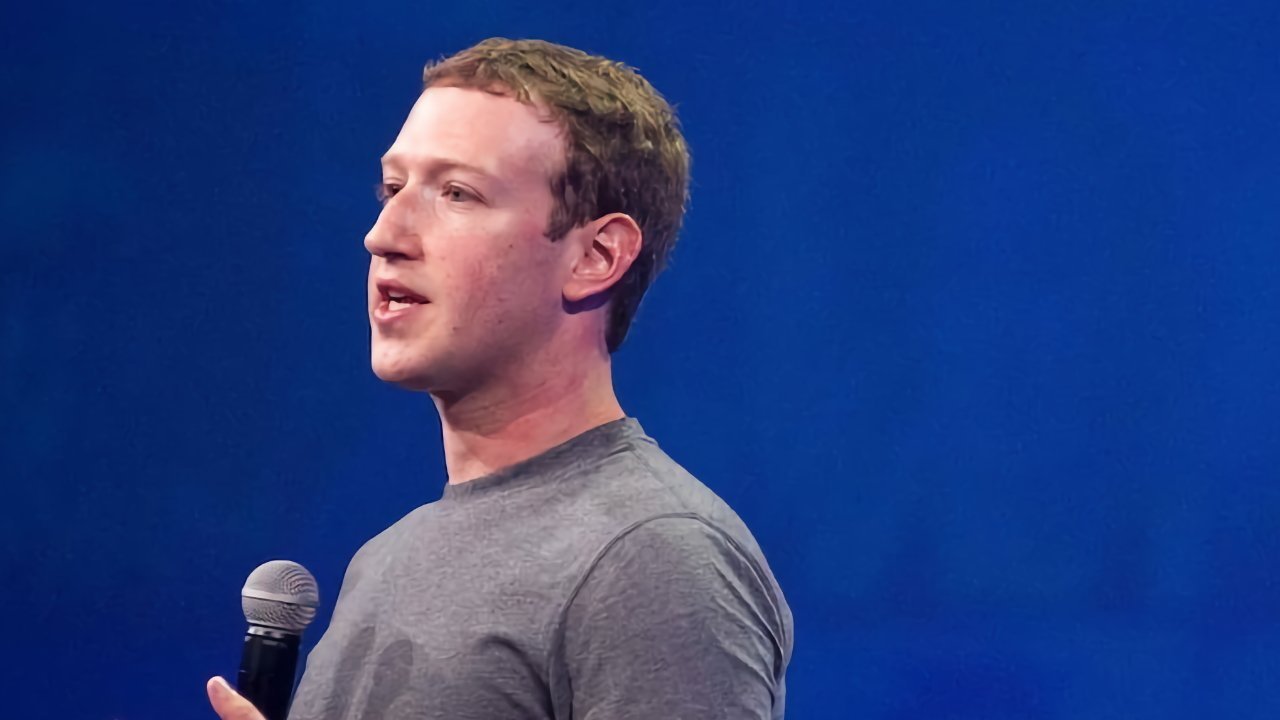























![Apple Ships 55 Million iPhones, Claims Second Place in Q1 2025 Smartphone Market [Report]](https://www.iclarified.com/images/news/97185/97185/97185-640.jpg)

















